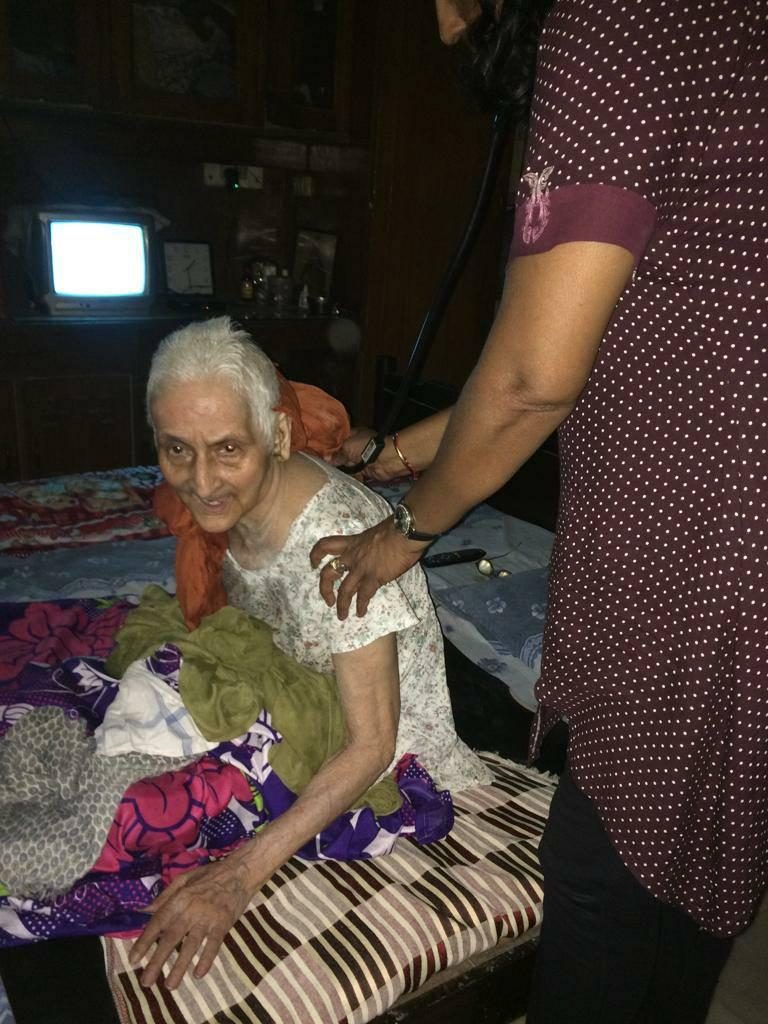Communication difficulties can be one of the most upsetting aspects of caring for someone with Dementia; it is frustrating for both the patient and for the caregivers.
- Aggressive Actions: Aggression is usually triggered by something, often physical discomfort, environmental factors such as being in an unfamiliar situation, or even poor communication.
DO: First identify the cause of aggression- what is the person feeling to make them aggressive? Once you have made sure that they aren’t putting themselves in danger, you can try to divert their attention to something else, speak to them in calmly and reassuring way.
DON’T: Don’t argue or force the issue that is causing the problem.
- Confusion about Place or Time: Wanting to go home is one of the most common reactions for an Alzheimer’s or dementia patient living in a memory care facility. Remember that Alzheimer’s causes progressive damage to cognitive functioning, and this is what creates the confusion and memory loss.
DO: There are a few possible ways to respond to questions that indicate your loved one is confused about where he or she is. Simple explanations along with photos and other reminders can help. Sometimes, however, it can be better to redirect the person, particularly in cases where you’re in the process of moving your loved one to a facility or other location.
DON’T: Big or long explanations or reasons are not the way to deal with these patients.
- Poor Judgement: Patients with dementia show poor judgment or errors in thinking. These can contribute to delusions, or untrue beliefs. Some of these problems are obvious, such as accusing a family member of stealing something and many more. However, the person may not realise that they are having trouble with things they never used to think about twice.
DO: Assess the extent of the problem. Take a look to the cause of the problem and try to make the patient comfortable. Also minimise frustration and embarrassment by offering help in small ways with staying organized.
DON’T: Do not bluntly question the person’s ability to handle the situation at hand, or try to argue with them.
Care-giving roles and demands
Care-giving roles and demands are affected by a number of factors;
- To care for the person with dementia, is usually more time and care involving. It is a 24/7 job, as the patient can react in a way that is totally unexpected.
- Long-distance care-giving is defined as the care being provided by caregiver living more than an hour away from the patient. Caring from a distance is difficult for a care-giver.
- In rural areas, the caregivers have limited resources and face more challenges. These include fewer available resources, few health care centres.
Photo by Matthias Zomer from Pexels












